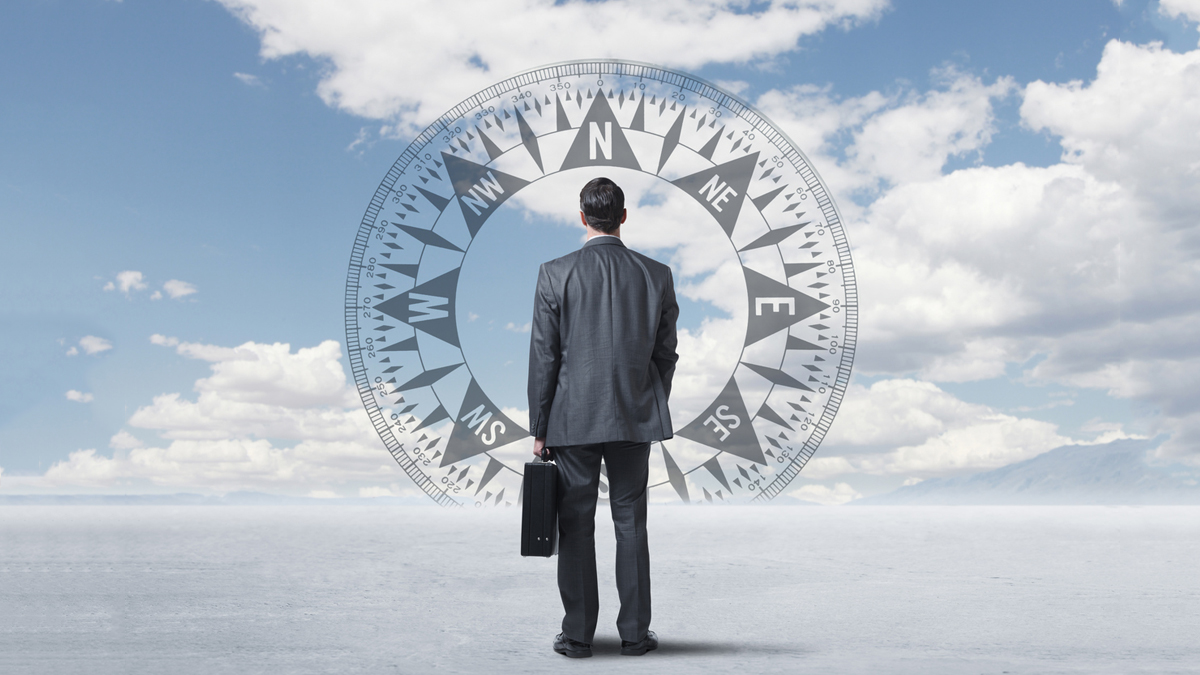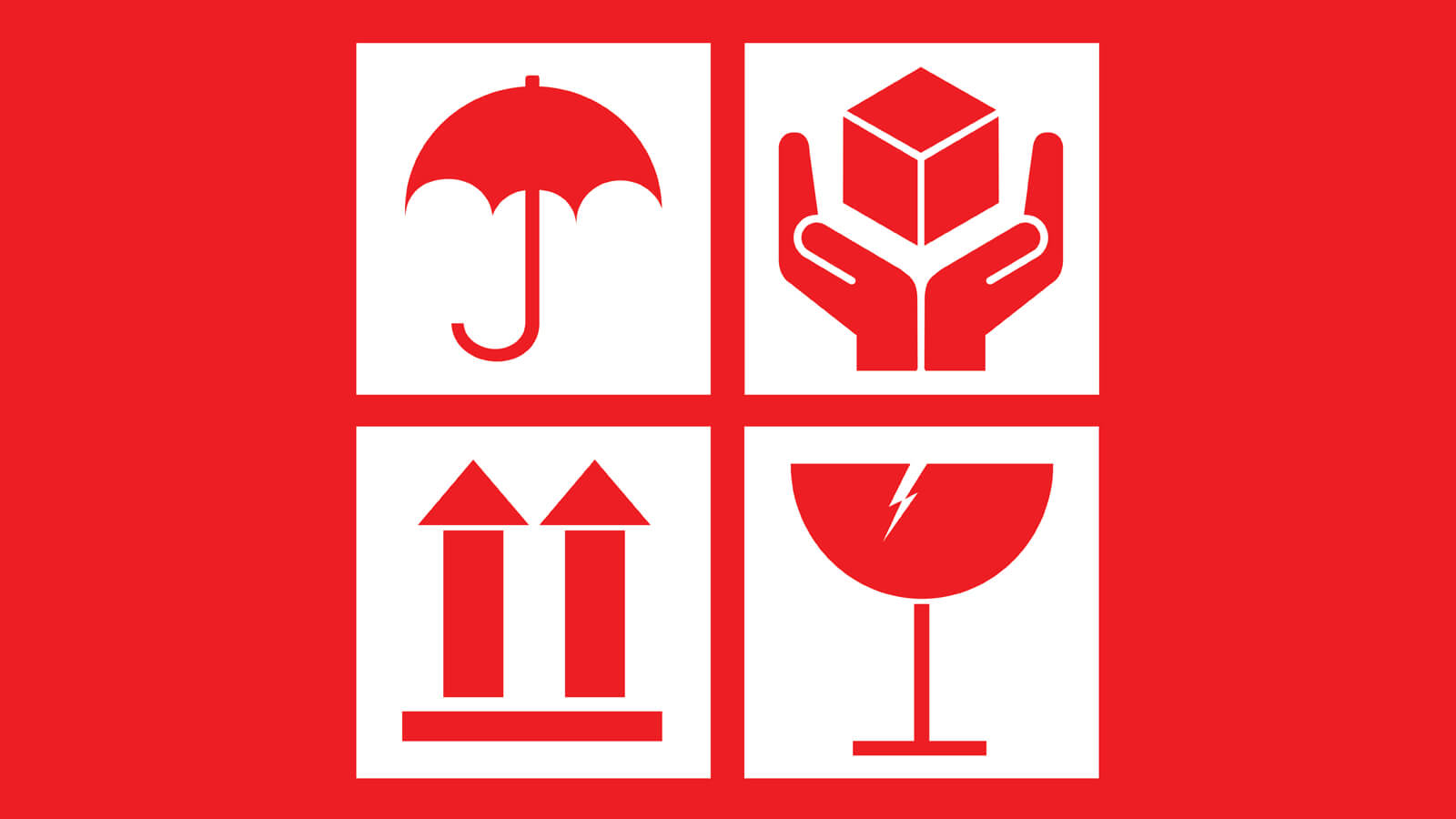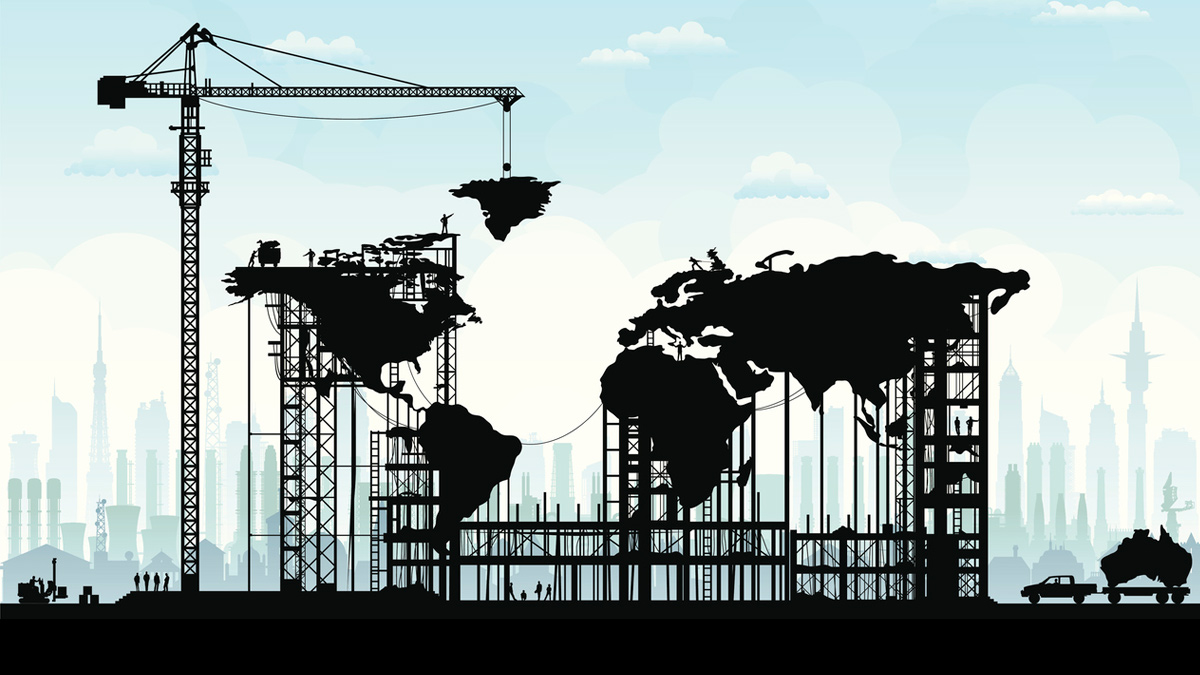What is the best way to respond to our newly emergent life conditions?
How we can begin to cultivate the inner resilience and anti-fragility we need in order to endure and thrive in the midst of extreme volatility?
W
atch as Robb Smith and Corey deVos explore the rising disruption that is being caused by a brand new set of global life conditions emerging all across the planet — and why only an integral sensibility is capable of managing the many challenges, crises, and contradictions of our time.
Robb and Corey discuss:
- The decline of neoliberalism and the next 40-year economic cycle.
- How to find opportunity in chaos and volatility.
- The systemic instability caused when capital primarily flows in only one direction — toward a trans-national holon that has no trans-national regulator in place to provide guard rails.
- How neoliberalism contributed to the loss of community and critical support systems in the private sphere, contributing to the rise of suicide rates in men.
- How families should prepare for the corona outbreak, but in terms of inner and outer resources.
- Predictions for how the market and coronavirus stories will play out through the rest of 2020.
- Why Trump was the first postmodern President (and why Obama was probably our last modern president).
Join us in this hopeful exploration of our inner and outer political landscapes!
Music by Stuart Davis
Reflections
Become a member today to watch this video presentation and support the global emergence of Integral consciousness
Membership benefits include:
Premium Content
Receive full access to weekly conversations hosted by leading thinkers

Journal Library
Receive full access to the growing Journal of Integral Theory & Practice library

Live Experiences
Stay connected by participating in Integral Life live events and discussions
Courses & Products
Get unlimited 20% discount off all products and courses from our friends and partners

Free Bonus Gifts
Download The Integral Vision eBook by Ken Wilber (worth $19 on Amazon) & The Ken Wilber Biography Series

Support of the movement
Support our mission of educating and spreading integral consciousness that is more critical than at any time in its history
EMERGE — HOW TO THRIVE IN A WORLD GONE MAD
Emerge is a new training program by Ryan Oelke, offering a thoughtful 3-phase process that will empower you to fully inhabit your experience, more deeply relate in real-time to life, and to formulate agile paths of response and action. With this embodied integral training, you will both be more passionately inspired from the core of your being and you will more successfully see the change, experiences, and results you and we long for and need in this moment and in the future.
Learn how Emerge can help you find traction for your transformationRelated Media
Kosmic Integrity: The Integral Community’s Most Important Contribution to the World
Robb Smith
Join Robb as he calls us forward to be agents of kosmic integrity, an incredibly unique praxis of healing and wholeness that may be one of our most important contributions to the world in the road ahead.
Climate Change: From Alarmism to Anti-Fragility
Diane Musho Hamilton, Gail Hochachka, Rob McNamara, Deb Collins, and Corey deVos
What is the difference between being “resilient” and being “antifragile”? In this fascinating episode of Integral Justice Warrior, Diane and Corey are joined by Gail Hochachka and Rob McNamara to explore anti-fragile approaches to climate change. We are also joined by fellow integral enthusiast Deb Collins, who offers her own perspectives around the tragic wild fires that swept across the Australian continent.
Inhabit: Your Politics
Ryan Oelke and Corey deVos
All politics are personal. But does that mean we need to take it so personally? Watch as Ryan and Corey explore ways to bring more embodied awareness and skillful discernment to our political lives, overcoming the corrosive and often paralyzing effects that both our cynicism and our idealism can have upon our political decisions and our willingness to engage our most fundamental civic responsibilities.
A New War for Power
Robb Smith
Black Lives Matter. MeToo. North Korea. Robert Mueller. Fake news. What do these and dozens of other headlines have in common? Join Robb as he explains how they all point to a new war for power that is currently underway: how power is being used and misused, how power is changing, and who will have power when the momentous leap into the transformation age is done.
Never Been Better, Never Felt Worse: Inside the Rise of an Integral Global Operating System for the 21st Century
Robb Smith
Integral Life CEO Robb Smith puts the tumult of 2016 into historical perspective and looks ahead at the “momentous leap into the transformation age” that he believes is underway right now. Taking a long view of history, evolutionary dynamics, culture and economics, Robb argues that we’re at the peak of a Green, pluralistic global operating system, with Orange modernism slipping into our rearview mirror, and Teal integralism just beginning to emerge, holding all the promise of overcoming the evolutionary contradictions that gave rise to populism and leaders like Donald Trump.
About Robb Smith
Robb Smith is a leading thinker on the Transformation Age and the global Integral movement. He is the creator of the augmented leadership platform Context, co-founder and CEO of Integral Life and founder of the Institute of Applied Metatheory.
About Corey deVos
Corey W. deVos is editor and producer of Integral Life. He has worked for Integral Institute/Integal Life since Spring of 2003, and has been a student of integral theory and practice since 1996. Corey is also a professional woodworker, and many of his artworks can be found in his VisionLogix art gallery.






